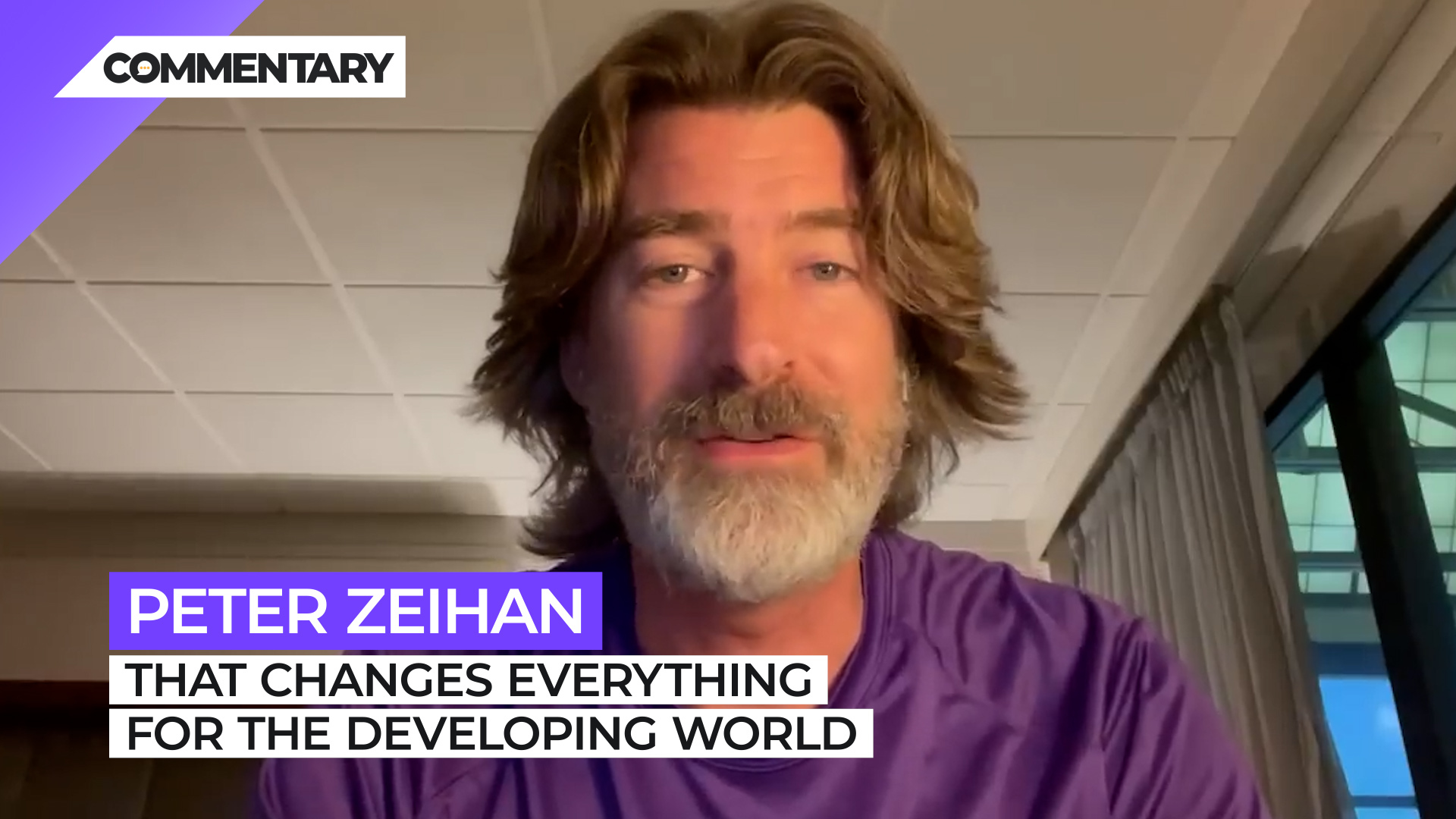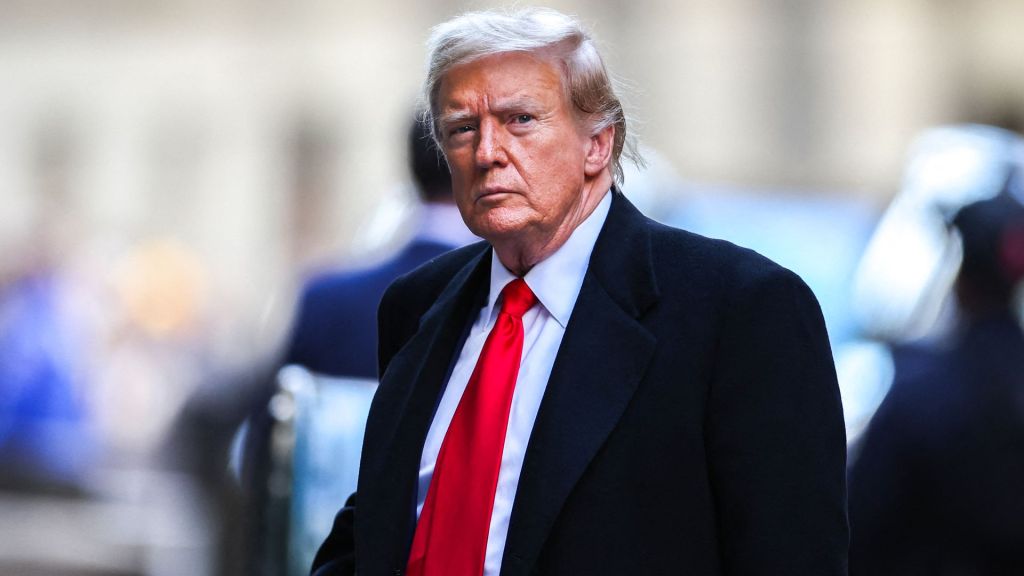
Commentary
-
Our commentary partners will help you reach your own conclusions on complex topics.
Hi, everyone, Peter Zion here coming to you from exciting Minnesota. I mean, in a hotel room obviously, just got the news that the Russians had been judged to be in full default of their national debt by Moody’s, which is kind of the keeper of the definition for what is the default and what is in good payment. This has taken us in a few weird directions because this has not happened and certainly not has happened this way in quite some time. Normally, when a country goes into default, it’s because they don’t have enough money. And they have to choose what to not pay for whether it’s to help out their own population, government services, infrastructure, their military or their foreign debt. And if you choose foreign debt, that means you are cut out of capital markets for quite some time. But the problem here is not that the Russians have run out of money. The problem is that the Russians are not able to spend their money in the way that they would like. So they had actually set aside the money, even the hard currency necessary to make their payments. But the United States has denied them access to the various financial plumbing of the American system, in order to allow that money to get to the actual bondholders. So from the Russian point of view, they haven’t defaulted. And they’ve got a reasonable position there. But it really doesn’t matter. Because if you don’t have access to the financial market, and you can’t move money around, then everything else is just kind of weird. But that does mean that investors are looking at this differently. This is not a situation where the Russians can just put a bunch of money into a FedEx envelope and send it off, you actually have to have the plumbing for the billions of dollars that have to move every month. Now, we’re seeing this sort of activity that the West is engaging in, and a lot of the sanctions, it’s not that the US or the West have dropped the nuclear option and just prevented the Russians from functioning, that would have too many side effects. Instead, the United States is working around the edges, the West is working around the edges, and making the Russians less and less welcome in any sort of economic activity that involves anything beyond their borders, and trying to use reputational risk as a way of inducing countries and companies to not do business with them. So you know, you could you could ship everything to that FedEx envelope, and get by with it. But you would then have to ask whether FedEx would want to play, and they don’t. And we’re seeing this in energy. And we’re seeing this in commodities. And we’re seeing this in ag and we’re seeing this in finance. Now, this indirect approach to sanctions is not nearly as effective. It’s not nearly as quick, it’s not nearly as efficient. But it does prevent or at least limit some of the more undesirable side effects. So for example, in energy, the United States could go out and just hijack a tanker carrying Russian crude, and that would set off cavitations throughout the entire system about what is allowed and what is not. And shipping companies then wouldn’t want to touch it because you don’t want to fall afoul of the US Navy, if you’re into the job of shipping. And companies that work for foreign countries like say India probably would then leave for sure as well. Because why would you put out all the risk and all the money if you might not just not get the crude, you might actually lose your vessel to but that would have income, or I’m sorry, that would have implications for the entire shipping system. And they’re trying to limit that sort of damage. Now,
looking forward here, there is a significant negative outcome of this kind of half assed approach to sanctions. Because the United States has now shown the West has now shown that it is willing to abrogate financial commitments from its citizens from its companies in its currency to other countries, even major countries, no legislation was required. No court case was required. There was no public comment period, it was just that the federal government decided to make this happen. I’m not overly concerned about the impact that this will have on the willingness of foreign countries to raise money and issue debt in the American market. Because it’s not like there’s a lot of other places to go. All of the world’s hard currencies are following the US lead here, every single one of them. So there is no back marketplace, you can go. But there is a definite point of concern for the American investors that were willing to go into foreign countries in the first place. Their concern has always been about legal protection and rule of law in places like China or Russia or Venezuela or wherever else. But it never occurred to them, that there might have actually been a risk on the American side of that equation. Because now they have to consider that not only will the United States not potentially provide them with legal protection on the American side should something go wrong in the foreign country, that the US government might actually be the reason that the investment fails because of a decision made by Fiat. That’s something that hasn’t been true since before. World War Two, but suddenly now is again, it’s just going to redirect a lot of capital away from the world’s developing and frontier markets, because all of a sudden, they don’t have a method to do it safely. And it doesn’t matter if they’ve got a well written bond agreement doesn’t matter if you’ve got an army of lawyers. If the comptroller of the global currency says no, the answer’s no. And that’s something they now have to factor in. And so if you’re looking to borrow money on an American exchange, all of a sudden, you’re gonna have to work a lot harder to get American and Western investors to go along with it. Because they no longer have that backstop of guarantee that they’re used to. And that changes everything for the developing world. Okay, that is it from me. Until next time,
-
Global warming won’t impact Russian-Chinese shipping
The seas above Russia’s northern coastline are too frozen for shipping, but some have wondered whether global warming might change that in the decades to come. If those seas were to become navigable for commercial shipping, new direct routes between Russia and China could theoretically open up. Straight Arrow News contributor Peter Zeihan throws more…
-
Can other nations replicate success of US shale revolution?
The “shale revolution” has provided the United States with a bountiful domestic supply of oil. But extracting oil from shale is a highly technical process, and it is also dependent on specific geological formations. Straight Arrow News contributor Peter Zeihan tackles the question of whether or not other nations might be able to replicate the…
-
Peace between Israel and Iran, at least for now
A series of recent airstrikes between Israel and Iran inflamed fears of a wider regional war erupting in the Middle East. That concern now seems to have paid off, after third-party countries around the world successfully intervened and talked down military hardliners in both Israel and Iran in order to avoid such an outcome. Israel’s…
-
Global internet in a precarious state, but that could be a positive
Over 500 underwater cables span over 870,000 miles worldwide, serving as the foundation of the modern global internet. Despite their critical role in facilitating communication, these cables often go unnoticed, even as the amount of data transmitted through them has surged. So what happens if the cables fail? Straight Arrow News contributor Peter Zeihan contends…
-
Water wars are an unlikely future
Foreign policy writers have long warned of the possibility that clean drinking water might become “the next oil” — that is, that major wars might be fought around the globe over access to potable water. With expanding populations and finite water supplies, these critics argue that humans will inevitably fight each other to secure drinking…
Latest Stories
-
 Getty Images
Getty Images
Kim Kardashian attends White House meeting on criminal justice reform
-
 Getty Images
Getty Images
José Andrés honors World Central Kitchen aid workers killed in Gaza
-
 Reuters
Reuters
Testimony continues in Trump's NY trial as SCOTUS debates immunity
-
 DVIDS
DVIDS
Aid package to Ukraine ‘not aimed at achieving victory’
-
 AP Images
AP Images
Poll: Majority of Americans back mass deportation of undocumented immigrants
Popular Opinions
-
In addition to the facts, we believe it’s vital to hear perspectives from all sides of the political spectrum.
Latest Opinions
In addition to the facts, we believe it’s vital to hear perspectives from all sides of the political spectrum. We hope these different voices will help you reach your own conclusions.
The opinions published in this section are solely those of the contributors and do not reflect the views of Straight Arrow News.

















Latest Commentary
We know it is important to hear from a diverse range of observers on the complex topics we face and believe our commentary partners will help you reach your own conclusions.
The commentaries published in this section are solely those of the contributors and do not reflect the views of Straight Arrow News.
Peter Zeihan
Geopolitical StrategistCan other nations replicate success of US shale revolution?
Peace between Israel and Iran, at least for now
Global internet in a precarious state, but that could be a positive
Dr. Frank Luntz
Pollster and Political Analyst‘Take the job seriously’: Why Americans are fed up with Congress
‘If we can shrink it, it will stop growing’: Americans talk debt, deficit
‘I don’t think they care’: Undecided voters explain their reasons
Pete Ricketts
U.S. Senator for Nebraska